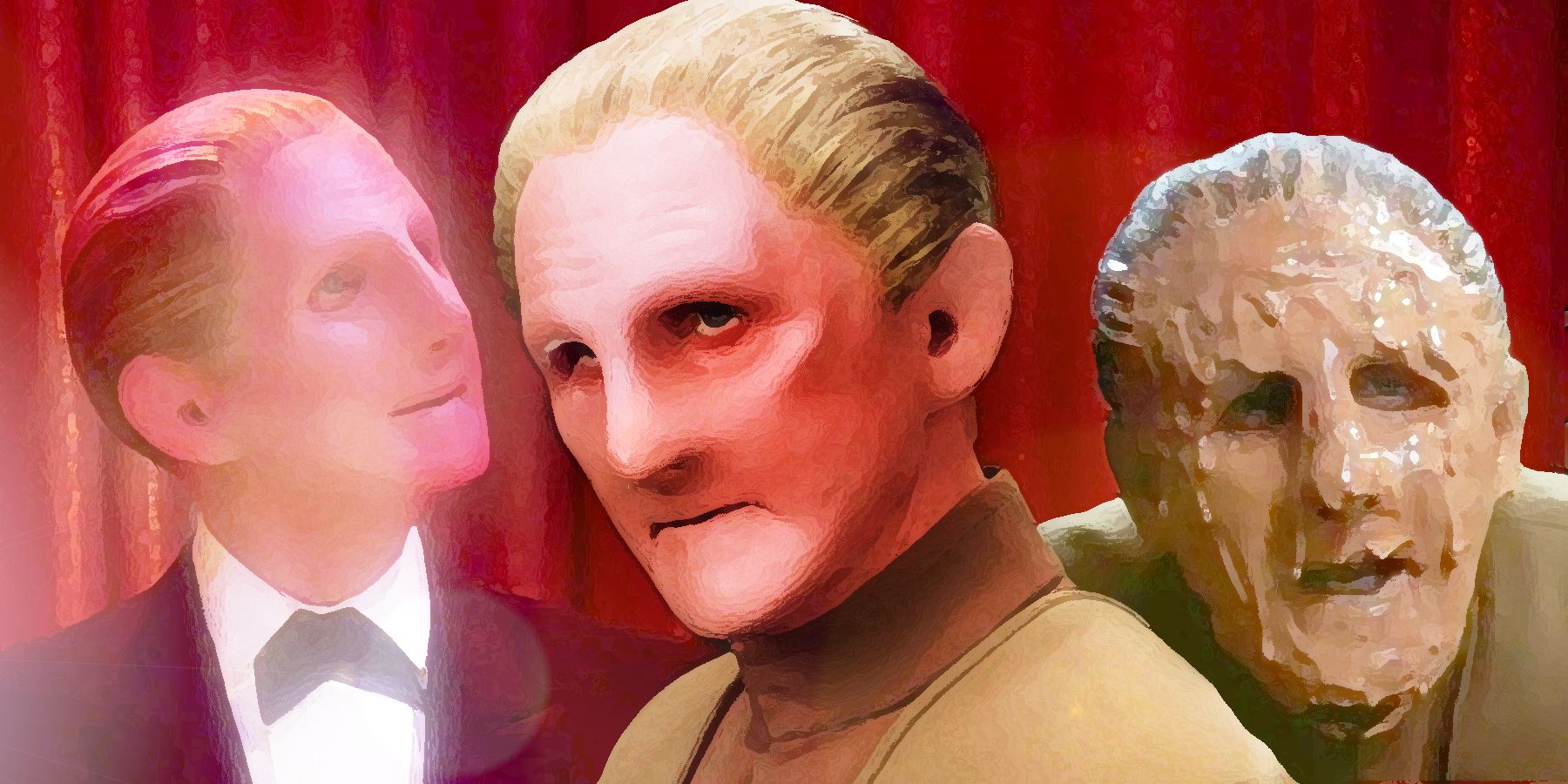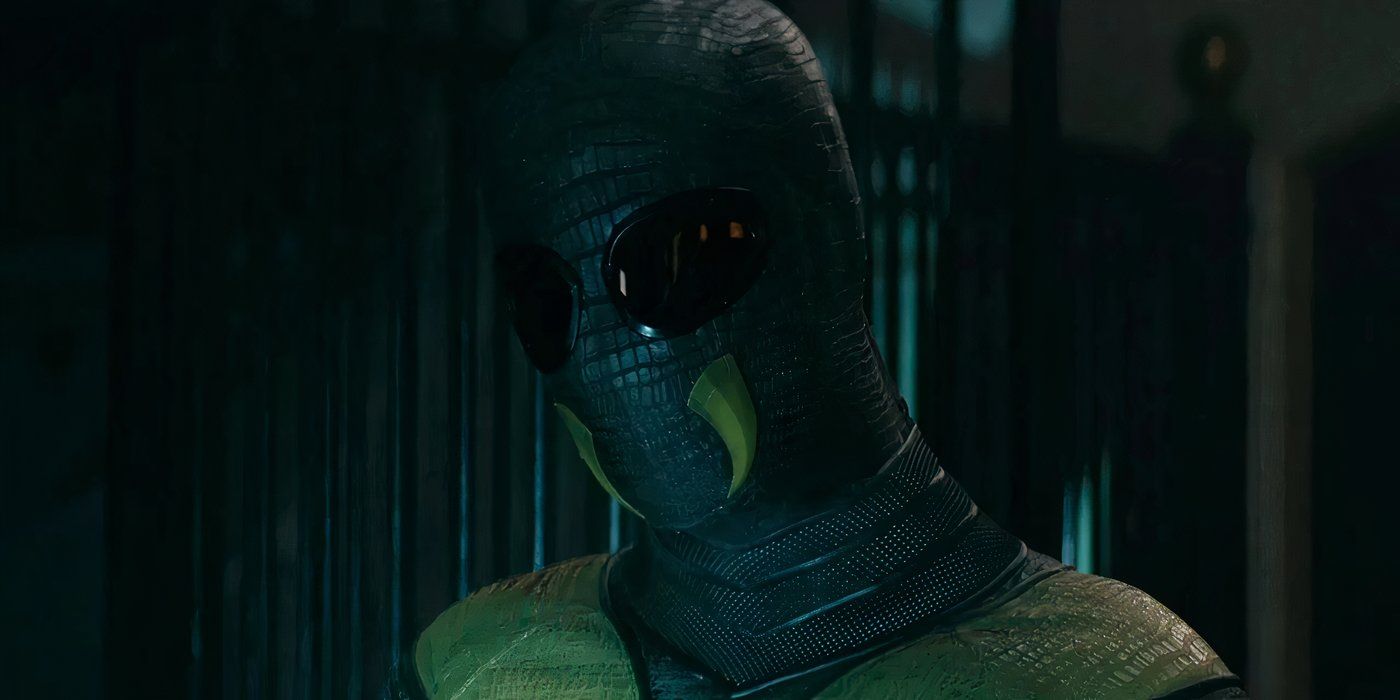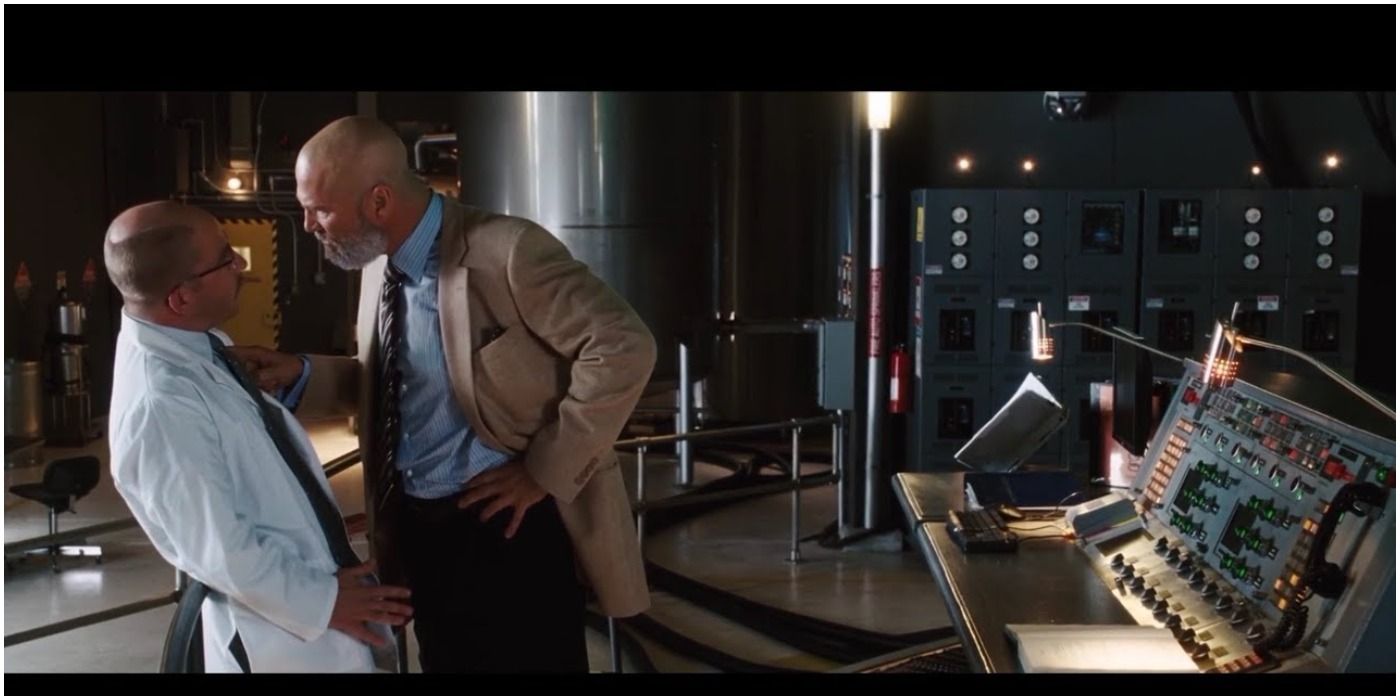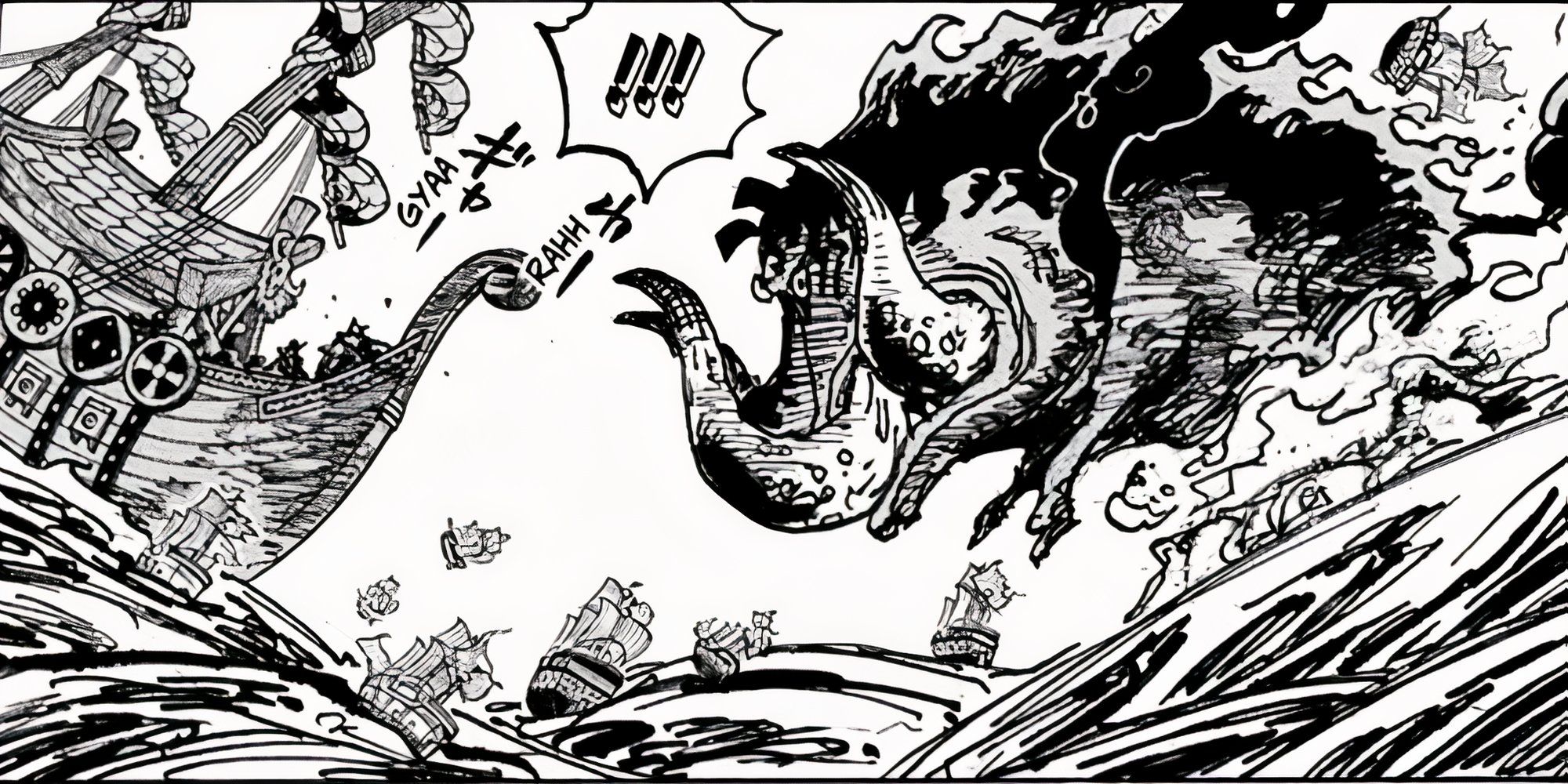Baz Luhrmann’s electrifying Elvis offers a glimpse behind The King to the complicated artist that wore the crown, and as Austin Butler breaks down the Elvis glittering Presley mythology to reveal a shy country boy inspired by gospel and R&B, his performance cannot help but be compared to the other great portrayals of real-life musicians by actors over the years.
Butler may not look exactly like Presley, but he channels his spirit, and that is enough. For every Angela Bassett playing a picture-perfect Tina Turner, a slightly too-short Rami Malek must find the extra inches in an uplifting embodiment of Freddie Mercury. The best portrayals of musicians articulate their mannerisms, often look like them, but always capture their essence – which is to say, their need to make music.
Rami Malek – Freddie Mercury (Bohemian Rhapsody)
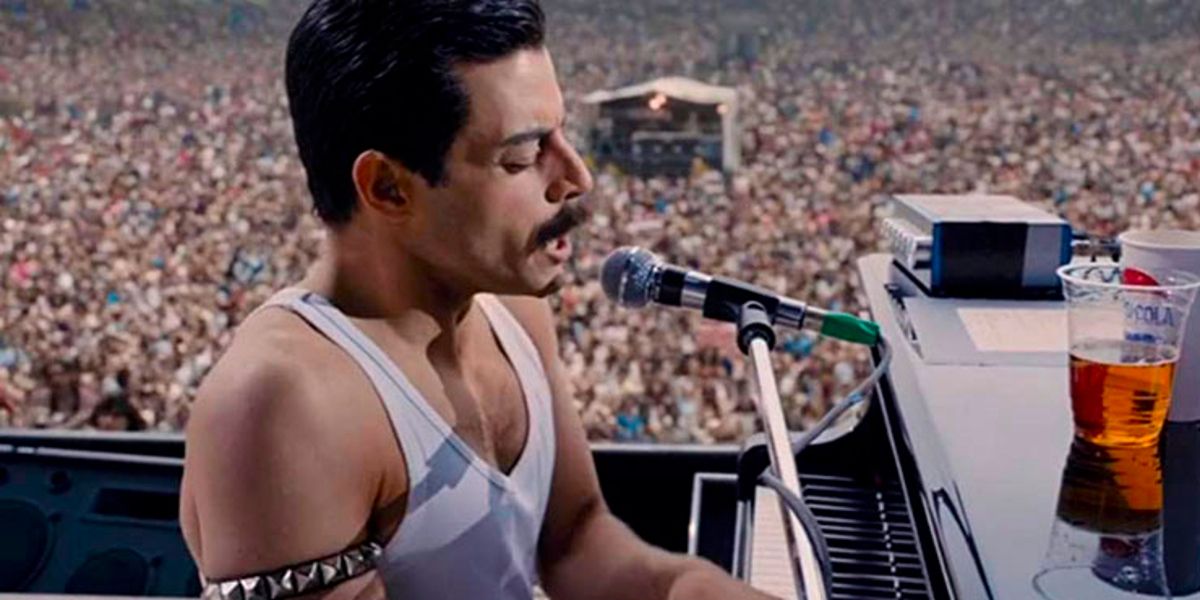
As the frontman for one of the most famous rock bands in history, Freddie Mercury was a gifted showman, musician, and singer. Despite being a musical biopic that won Oscars, Bohemian Rhapsody can’t possibly capture everything about his mercurial rise to stardom while it’s busy focusing on the formation of Queen, but it plays the greatest hits, anchored by a glorious performance by Rami Malek.
Malek’s nervous, outsider energy is perfect for Mercury, whose bombastic performances were quite a contrast to the quiet, contemplative man he presented offstage. Not unlike the frontman himself, Malek seems to come most alive performing for crowds of hundreds of extras, strutting to the familiar discography and drawing from its celebration of the human spirit.
Angela Bassett – Tina Turner (What’s Love Got To Do With It)
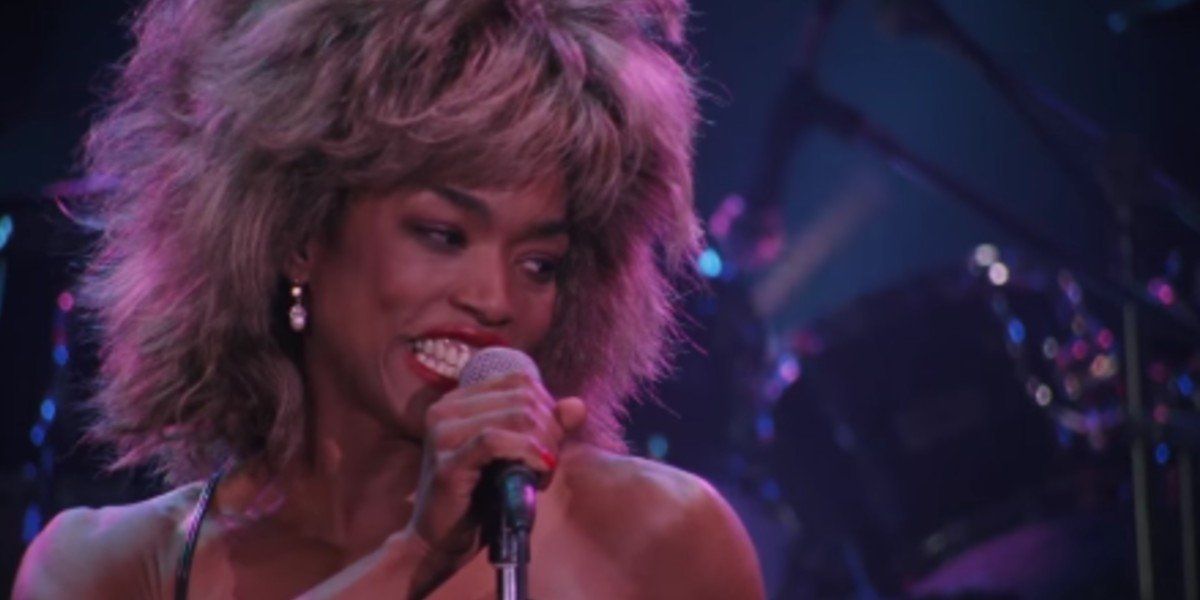
Called the “Queen of Rock ‘n’ Roll,” Tina Turner was immortalized by Angela Bassett in What’s Love Got To Do With It, a film that explores both her dynamic showmanship and her volatile relationship with her husband Ike, played by Laurence Fishburne.
Not only does Bassett command the stage every time she struts like Turner, but she also knows when to dial the volume down during her quieter moments, allowing audiences to see the vulnerable side of such a powerful performer.
Austin Butler – Elvis Presley (Elvis)
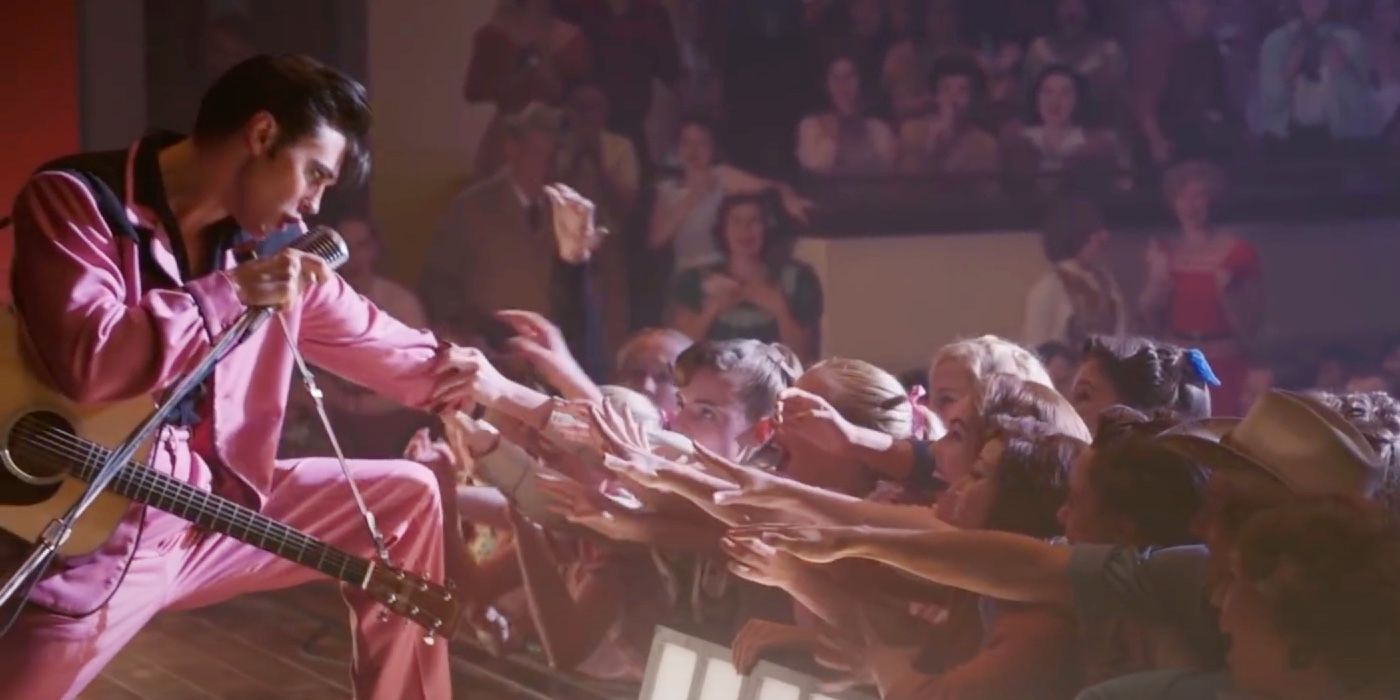
Baz Luhrmann’s kaleidoscopic whirlwind Elvis follows the King of Rock ‘n’ Roll’s meteoric rise to stardom, from his smalltown roots in Mississippi to the bright lights of Las Vegas. Many biopics about musicians feature a formula involving humble beginnings, obscurity, success, fame, addiction, and tragedy, but as Elvis Presley, in all his hip-shaking glory, Austin Butler makes it all seem genuine and not contrived.
Amidst the glitz and glamor of Elvis’s career, Butler reveals the shy person struggling to balance the commercial demands of his conniving manager, Colonel Tom Parker, with his own personal expectations as an artist. Behind the scenes on Elvis, Butler was training to do all his own singing, portraying The King across three decades, altering his physicality and the sound but retaining Elvis’s earnestness throughout.
Val Kilmer – Jim Morrison (The Doors)
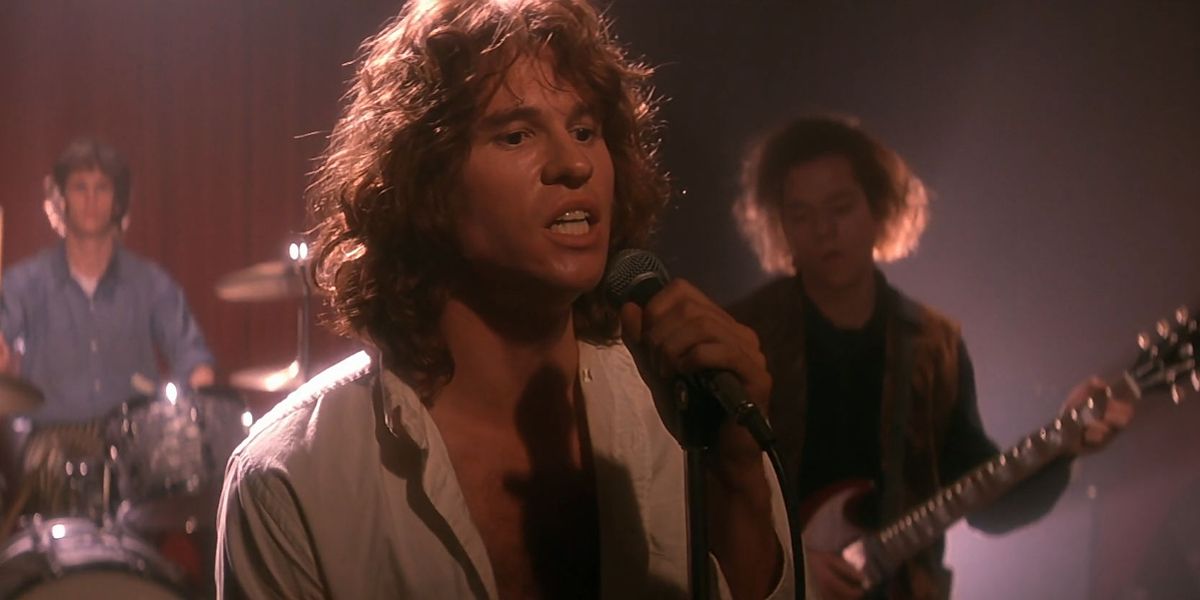
Oliver Stone’s The Doors is a dreamy, psychadellic trip to a time when a young Jim Morrison and his band became an overnight sensation. It doesn’t shy away from exposing Morrison’s darker sides, especially those that disrupted his ability to lead one of the genre’s most beloved bands.
Kilmer disappears into the role of Jim Morrison, until almost nothing resembling the actor is left. This includes the thoughtful moments with girlfriend Pamela, played by Meg Ryan, to performing his own singing during the frenetic concert scenes. He highlights Morrison’s qualities as a poet and a dreamer, intoxicated by the subversive aspects of stardom found too soon.
Gary Oldman – Sid Vicious (Sid & Nancy)
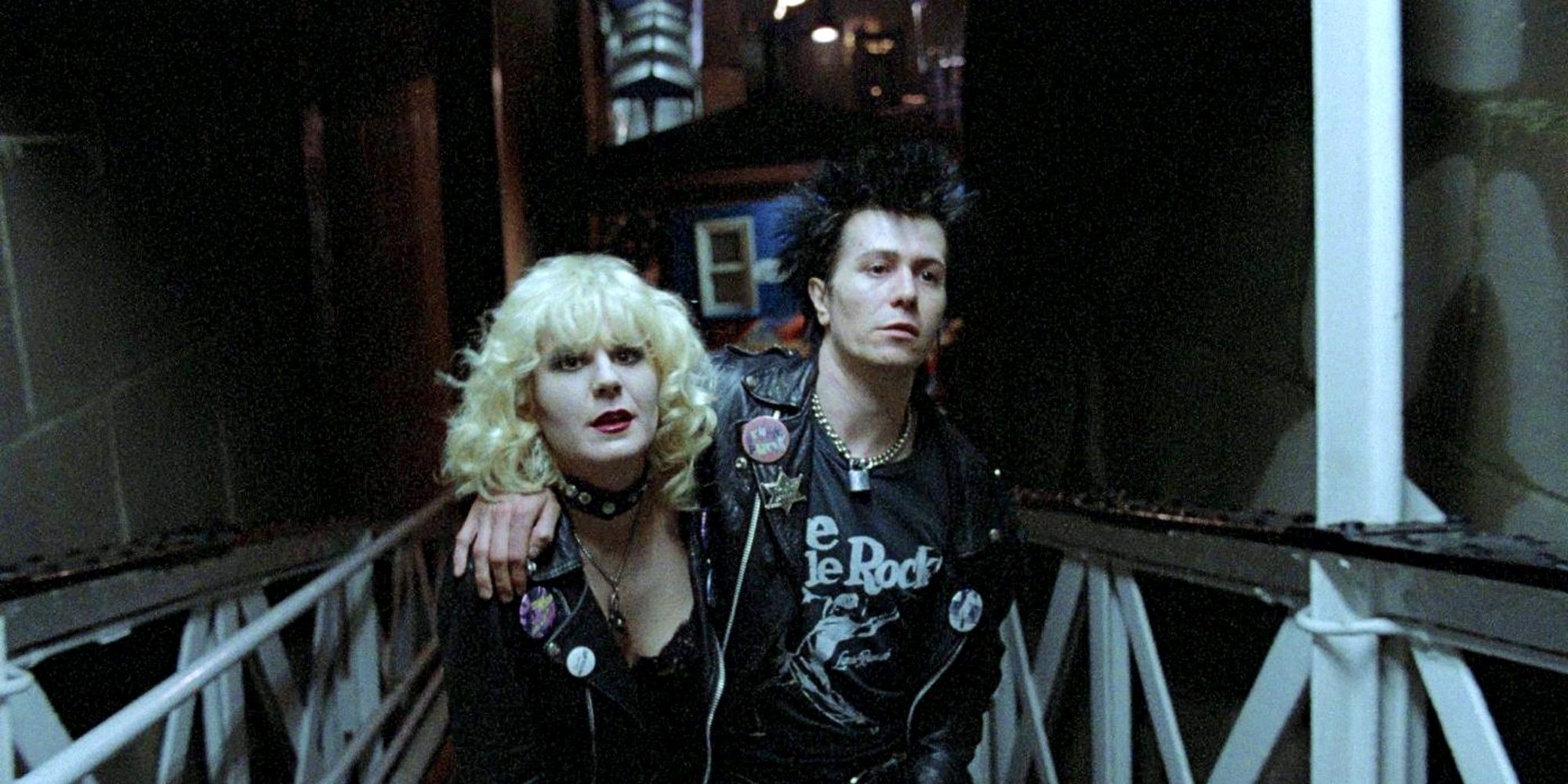
While it’s been debated how good of a bass guitarist Sid Vicious was, there’s not debate about how his effect on music (especially the punk genre) before his untimely death at just 21. In Sid & Nancy, which explores the tumultuous relationship he had with his girlfriend, Gary Oldman deftly embodies the outrageous singer of the Sex Pistols.
Not only does Oldman look the part, bearing an uncanny resemblance to Sid, he also captures the devil-may-care attitude he had, leaving many around him to believe he had a death wish. There’s something tragic about Sid’s helplessness, and Oldman always makes it seem as though he’s keenly aware that he’s on a high speed train to ruination that he can’t get off of.
Sam Riley – Ian Curtis (Control)
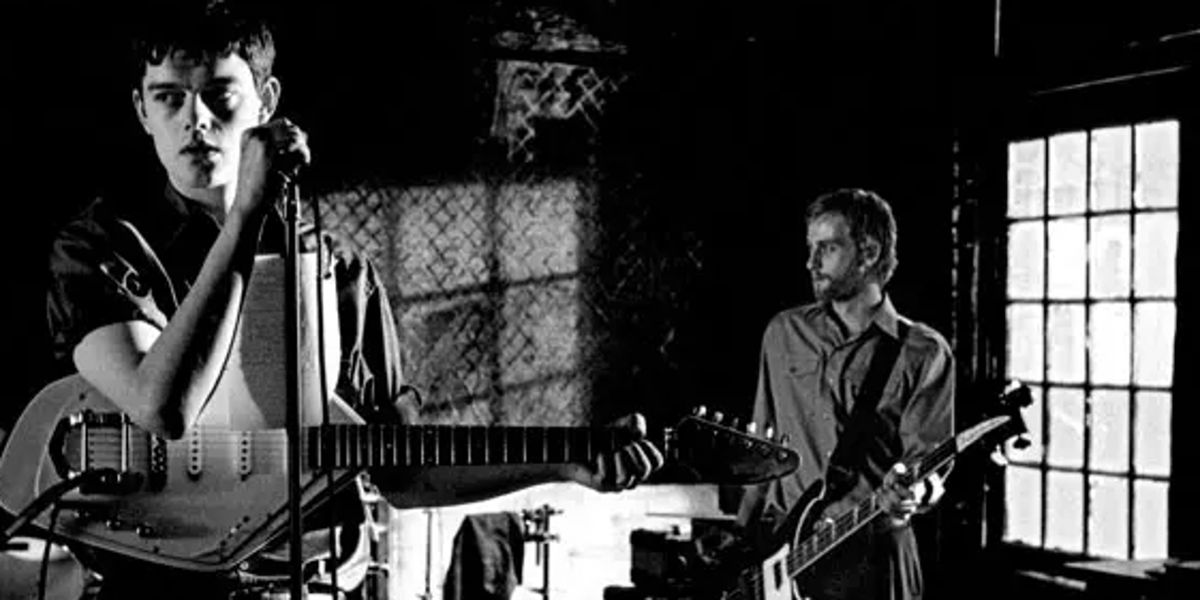
Post-punk band Joy Division was just becoming famous when young Ian Curtis took his own life at 23, but despite his short career, the talented musician definitely deserved a biopic. Control shows the troubled Curtis trying to navigate fronting the band and having epilepsy while also being a husband and father. After his death, members of the band would go on to create the popular New Wave band New Order.
The title, taken from the band’s hit song “She’s Lost Control,” indicates Curtis’s attempt to assert dominance over things in his life that were slipping beyond his ability to contain. Sam Riley gives a touching performance that would be bleak if it didn’t showcase Curtis’s sense of humor, always careful to remind viewers that this is as much a story of a life as it is a grandoise biopic, and for that, it seems almost like a documentary.
Forest Whitaker – Charlie Parker (Bird)
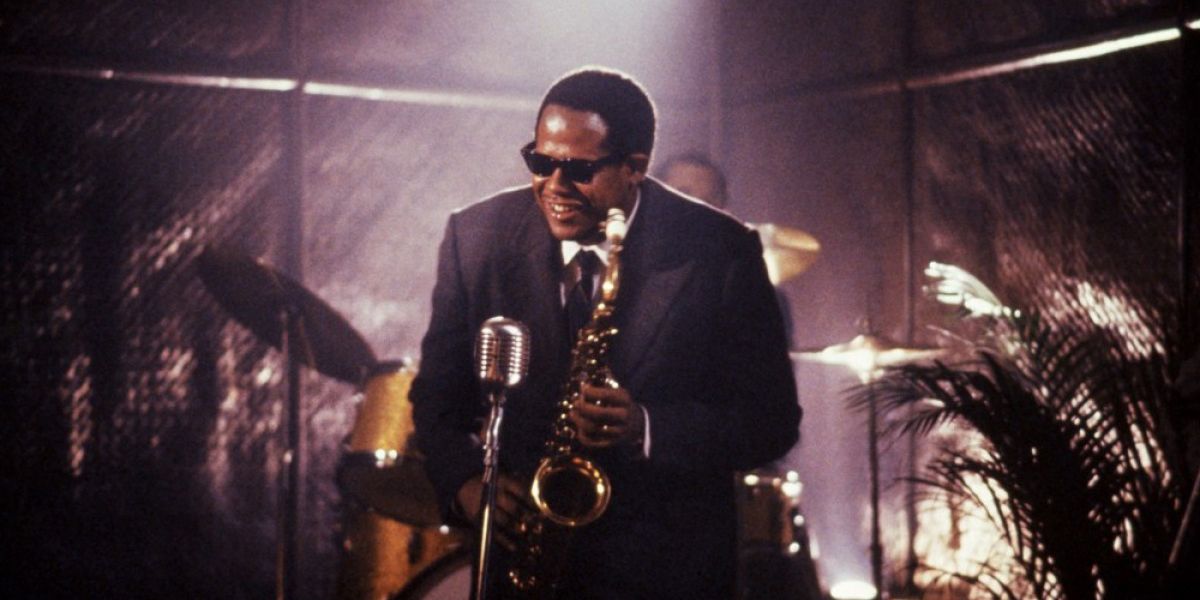
In a love letter to jazz music, Clint Eastwood’s Bird captures the infectious energy of the genre while being grounded by a beautiful performance by Forest Whitaker as Charlie Parker. Parker lived a hard life, made harder by being in the New York club scene, to the point that when he died at just 34, the coroner thought he was in his 60s.
The movie frames Parker’s music around the racism he encountered to give it momentum, showing just how much he was able to achieve despite setbacks other musical peers didn’t face. Whitaker effectively conveys what it was like when Parker got carried away by the music, before the lifestyle carried him away with it.
Lou Diamond Phillips (Ritchie Valens) – La Bamba
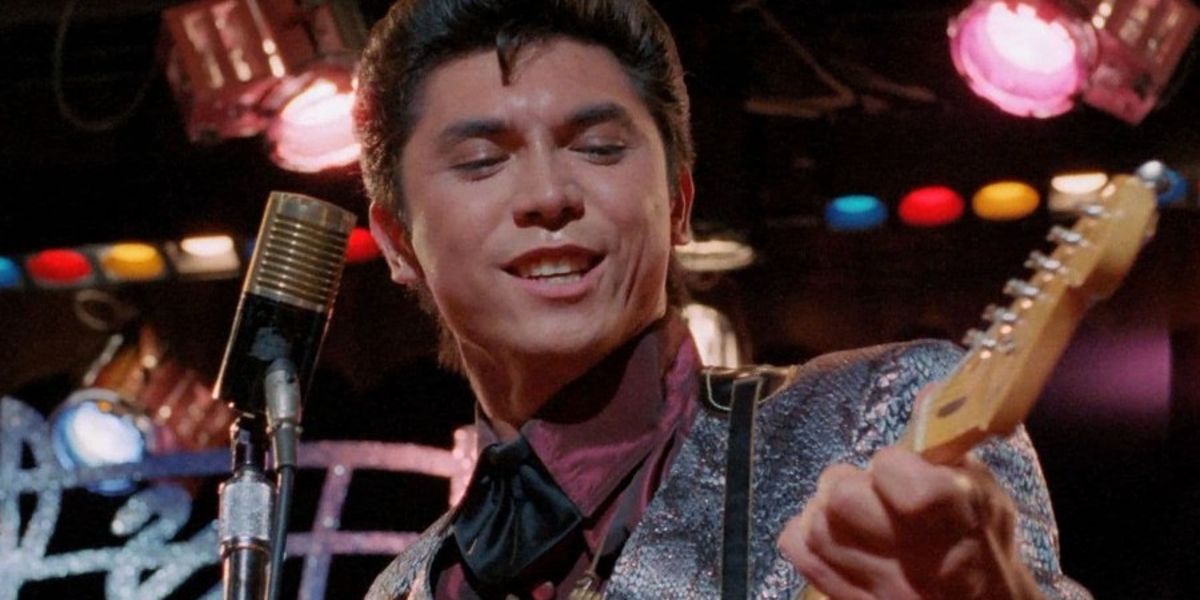
Ritchie Valens might have had a short musical career, but La Bamba makes sure to make it as energetic as the man himself, who by 17 had already helped bring Mexican folk music to mainstream America through his incredibly catchy repertoire.
While the movie itself may be overshadowed by February 3rd, 1959, the “day the music died,” when Valens was tragically killed in a plane crash alongside Buddy Holly and the Big Bopper, Lou Diamond Phillips lights up the screen. He portrays Valens as a gifted rockstar, a young man who wanted to play music more than anything in the world, and also as someone’s son and brother, for whom his death was unimagineable.
Jamie Foxx (Ray Charles) – Ray
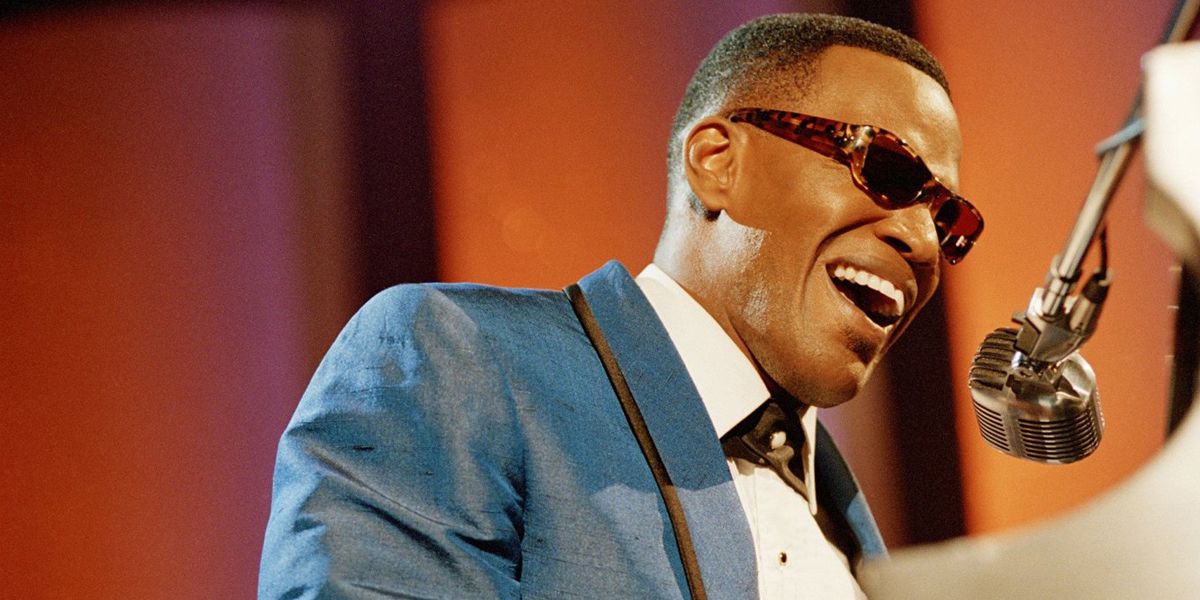
Ray Charles had a beautiful gift for singing and playing the piano, but Ray doesn’t just shine light on the performer himself, but the network of support he had along the way, particularly from his single mother, who fought hard to make sure he received equal opportunities as a blind Black boy in the South long before he built his singing career.
Ray Charles overcame a great deal of adversity in his life, and Foxx doesn’t shy away from expressing how much it affected him at certain times. Ray isn’t always a nice person, but as Foxx highlights, he has to put himself first. Because while his talent is undeniable, there are those around him who don’t believe he deserves accolades for it.
Joaquin Phoenix (Johnny Cash) – Walk The Line
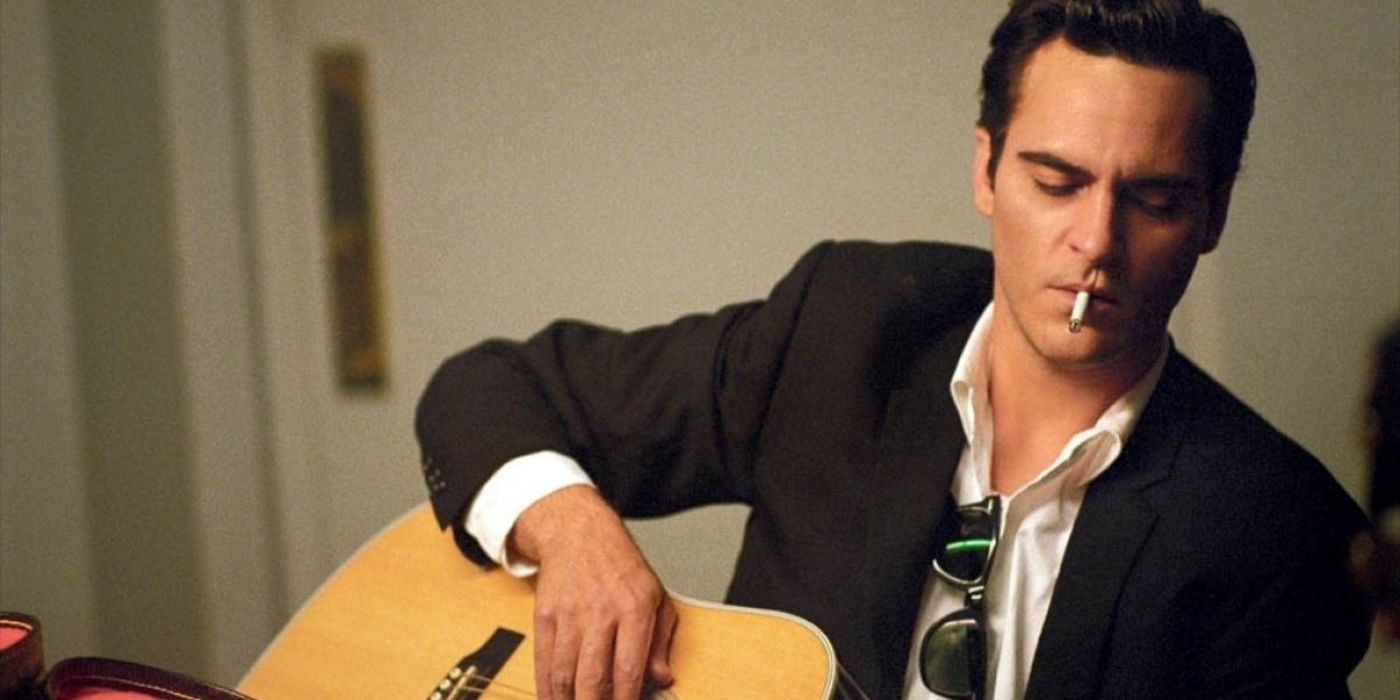
The Man in Black had humble beginnings, and it took some time to find the sound that would make him a country legend. Walk the Line isn’t afraid to showcase Johnny Cash in every shade of gray, especially as he navigates his marriage, extramarital affair, and wild lifestyle.
Joaquin Phoenix depicts Cash with trademark authenticity, as a man who didn’t sing with unexpected flourishes, but plainly and honestly. He has a defiant nature, sharpened by a father for whom nothing was ever good enough, but it helped him decide who he wanted to be. It’s rare to see the formation of an artist so completely, but Phoenix shows the steps Cash took to mold himself into someone he could be proud of.

